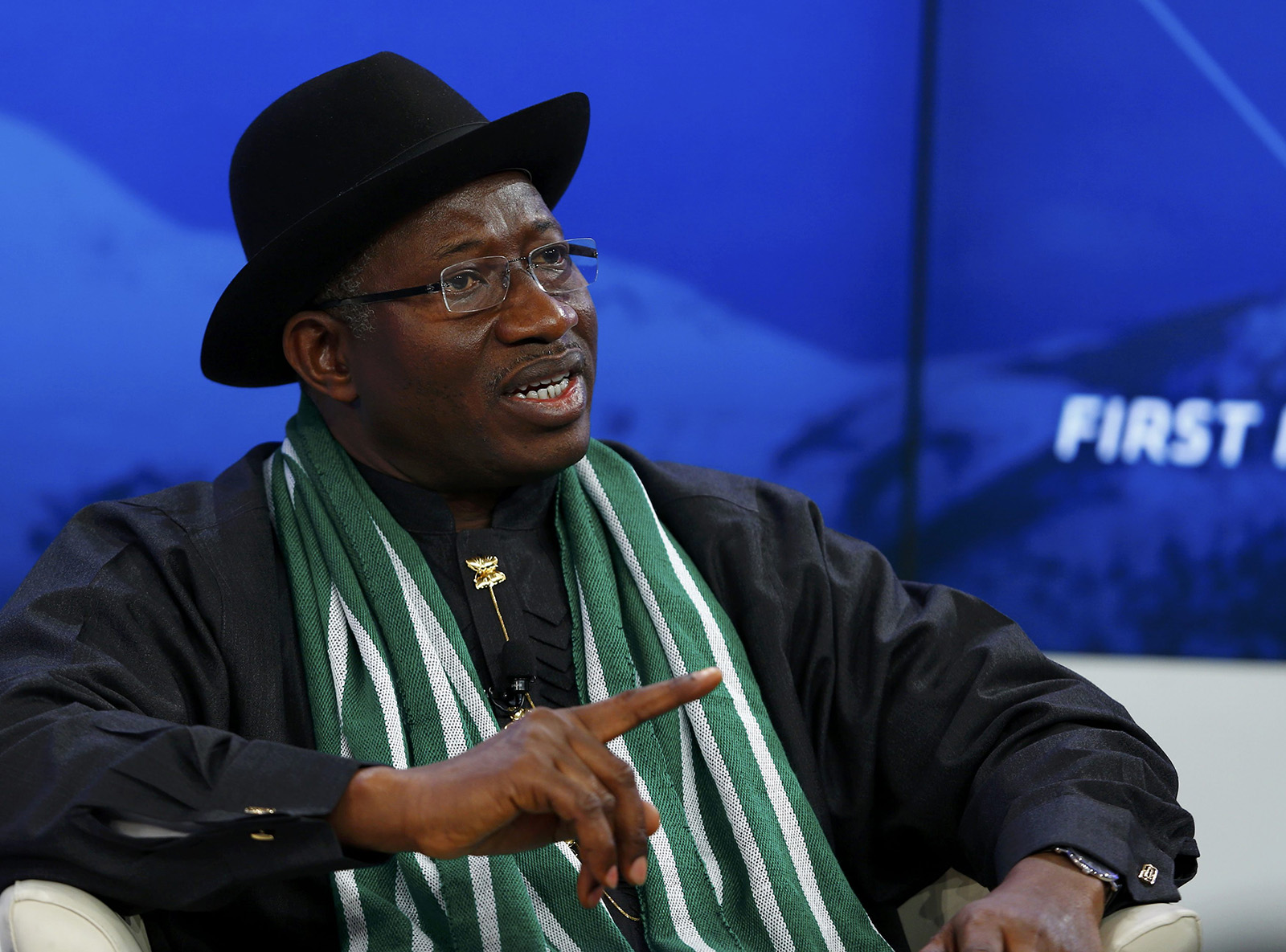President Goodluck Jonathan Monday February 10th 2014 said Nigeria would need about $900 billion to properly address its energy sector in the next 30 years.
Jonathan, who was represented by Vice-President Namadi Sambo at the Nigeria power financing conference in Abuja, added that the largest chunk of the funds would have to come from the private sector.
According to him, in the power sector alone, $10 billion is needed for generation and distribution to add 5,000 megawatts to the national grid.
He reiterated his confidence in the ability of the global community of private and institutional financiers to meet up with its request for improved investment in Nigeria’s infrastructure expansion.
The president explained that the federal government had long realised its challenges to sustainably fund critical national infrastructure projects, hence its continued discussion with the private sector to address the situation.
Jonathan also disclosed that the government had set up an intervention fund to further support the growth of the power sector with about N300 billion initial deposit.
He however stated that the total size of the fund, which would be contributed in partnership with Development Financial Institutions (DFIs), was being worked on.
President Jonathan expressed his conviction in the ability of private and institutional financiers to extensively participate in the next phase of Nigeria’s power sector reform programme, with investments in gas-to-power initiatives, renewable energy sources as well as on-grid electricity generation, transmission and distribution projects.
“Under our national integrated national infrastructure master plan, we need a total of $2.9 trillion for our infrastructure development efforts in the next 30 years. The energy sector alone needs an infusion of about $900 billion during the period.
“Of this, a significant percentage is expected to come from the private sector. The power sector alone needs about $10 billion for CAPEX (capital expenditure) of generation and distribution companies in the next few years to enable us add additional 5,000 megawatts.
“Similarly, our transmission network continues to attract serious attention. The transmission grid requires an annual investment of about $1.5 billion for the next five years to ensure its reliability and stability. The Transmission Company of Nigeria (TCN) has commenced the aggressive implementation of the expansion blueprint funded by a mix of appropriation and funds from financial and multilateral institutions,” he explained.
The president further said: “It is the belief of this government that the private sector is suitable to effectively manage and attract the huge capital required for constant and affordable power to all Nigerians.
“This confidence on the Nigerian private sector stems from a track record of resilience, vibrancy, foresight and courage. In virtually all sectors of our national economy, this great show of enterprise, creativity and patriotism by our business community has kept our national economy strong, versatile and forward looking.
“When we started our divestment programme in the power sector and their foreign partners, there was a lot of pessimism. However, it was the dynamism of the Nigerian private sector that ensured the raising of over $2.5 billion that ensured the successful conclusion of the process.
“It is on this account that this government has continued to work with the private sector as the drivers of economic growth and national development. Beyond the incentives amply stated, we will continue to fine tune and improve the enabling environment for economic activity and social development.”
On the new contributory intervention funding, Jonathan said: “It is obvious that government alone cannot fund the infrastructural deficit in Nigeria, especially given the trend in the global economy.
“This conference therefore comes at an appropriate time given the opportunities in Nigeria. Nigeria has become an obvious destination of priority for Foreign Direct Investment (FDI).
“To enable industry players have access to cheap, long term funds, government is hereby setting up a ‘Power Sector Intervention Fund’. The financial resources for this special fund will be pooled from the federal government, Development Financial Institutions (DFIs) as well as local and global financial partners.
“The Coordinating Minister of Economy will give details of the operational structure of the bond. But, it will essentially provide avoidable refinancing and unending services to the sector. On its part, the federal government will make initial deposit of N300 billion and I call on all participants to join hand towards the success of this endeavour.”
Meanwhile, the Managing Director of Diamond Bank Plc, Dr Alex Otti, said as at December 2013, Nigerian banks had committed a total of N750 billion to support the power sector reforms.







